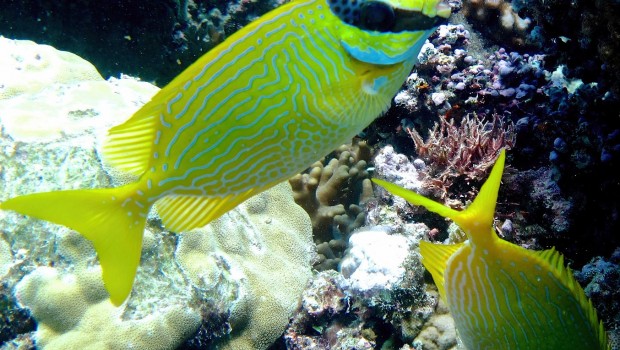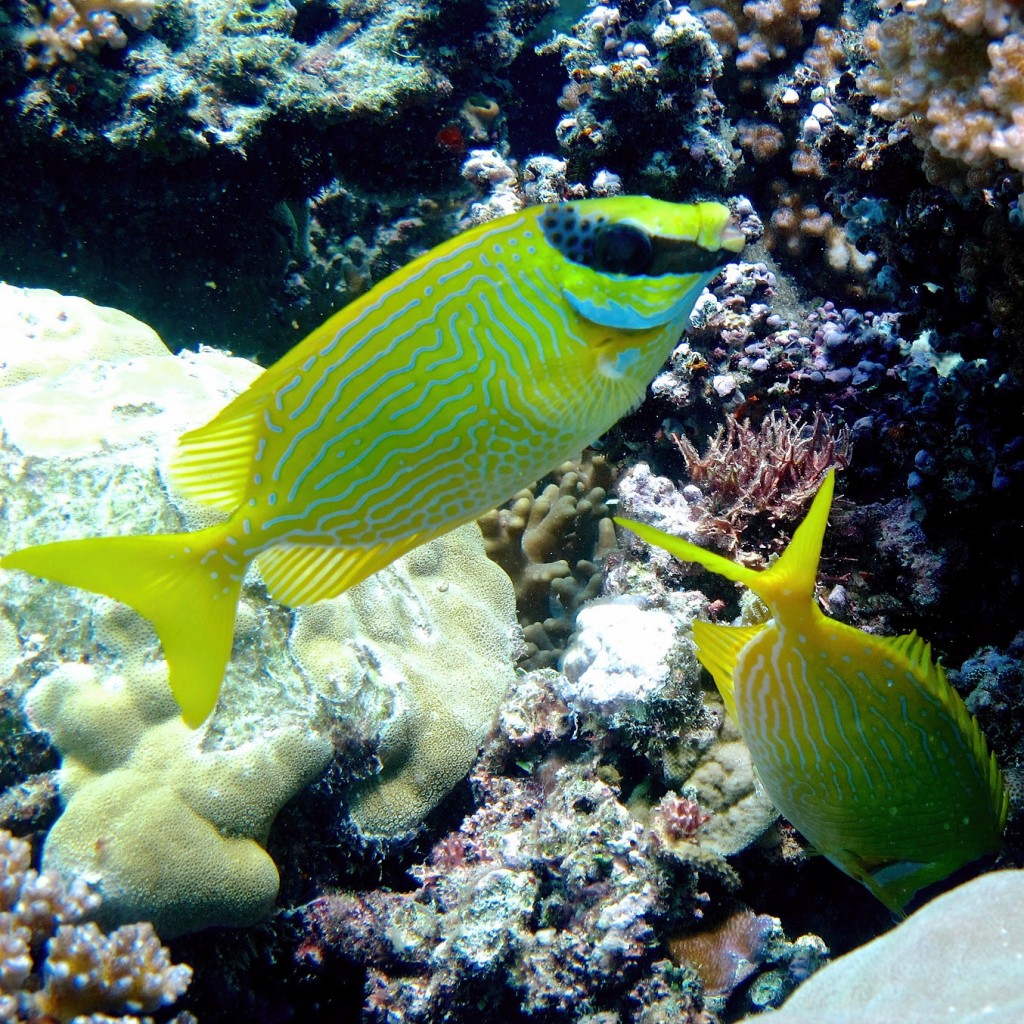Scientists make case for the sentiments of fish
River turtles vocalize to take care of young; whales and dolphins squeal when happy; and fish make friends and watch others’ backs. These natural swimmers undoubtedly have the ability to behave just like us.
Turtles and marine mammals often get a fair mention in welfare protection regimes, but not fishes. Expert biologist Culum Brown from Macquarie University in Australia has observed fish for nearly two decades, publishing over 90 studies, and now heads the Behavior, Ecology, and Evolution of Fishes laboratory at his university. He has recognized the common small fish discrimination in his previous studies.
“Few of us ever see fish behaving naturally… fish seldom have the opportunity to express their natural behavioral patterns in captivity,” Dr. Brown explained. As a result, people often feel disconnected to these small oceanic beings, even as scientific evidence mounts that they possess intelligence and complex structure.
A study recently led by Dr. Simon Brandl at the ARC Center of Excellence for Coral Reef Studies served as a “package” proof of fishes’ ability to recognize, socialize, communicate, coordinate, and cooperate. A clear set of rules was established, observed, recorded, and software-analyzed for credible relationships leading to what’s called reciprocal mutualism – or “getting each others’ backs.”
“These fishes will in fact perform a costly action in order to help a partner,” said Dr. Brandl. This is a superior behavior humans exhibit as well.
Dr. Brandl’s group did have a chance to observe wild fish regularly, witnessing, for example, that solitary rabbitfish without a partner were extremely skittish of human observers. The researchers honored them the distance and respect throughout their study.
Small fishes, still sentient
Dr. Brown said that for dogs, cats, and horses that have lived closely with us for tens of thousands of years, emotional measurement wasn’t a prerequisite to change our morality. It was due to “our greater understanding of the cognitive capacities of these animals; the result of over 50 years of intensive research,” said Dr. Brown.
Fishes have it a little harder. We cannot hear them vocalize and they lack recognizable facial expressions, both of which are primary cues for human empathy, explained Dr. Brown, “we do not notice behavioral signs indicative of poor welfare.”
Still, studies have proved that fishes have good memories and are complex enough to make associations between certain events and negative stimuli or their consequence, said Dr. Brown. Shock, pain, and loss of companionship are inarguably unpleasant for fish, as they are for us.
But do we really need cellular measurements, sensor detectors, and advanced calculations to tell us that rabbitfish, for example, undergo stress if one of the pair is to be suddenly captured? A mental swim in their fins is all it actually takes to arrive at the answer.
“The extensive evidence of fish behavioral and cognitive sophistication and pain perception suggests that best practice would be to lend fish the same level of protection as any other vertebrate,” concluded Dr. Brown.
Dr. Brandl and his team ended their study with a similar message.
“I do think that we should stop seeing fishes as second-tier animals, simply because they’re different. I think we should make a concerted effort to understand fish behavior better and, as a consequence, treat them ethically correct.”















